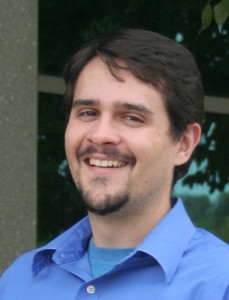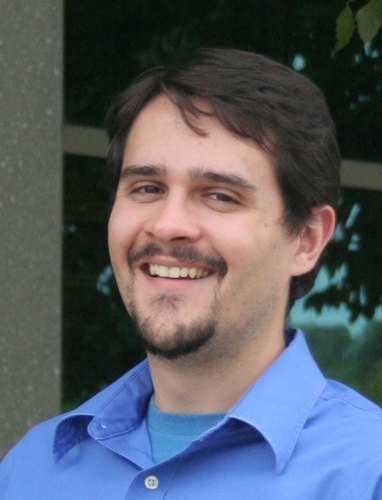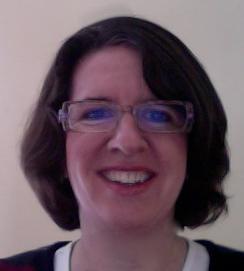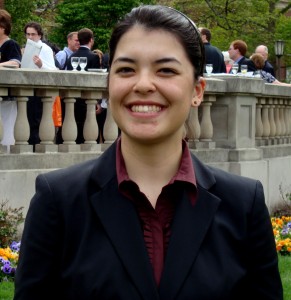What does Business Intelligence Consulting have to do with technology? And, what is it exactly? We’re excited to welcome alum, Corey Hulse, to @PennCareerDay on Friday, March 30th. Corey will talk about this unique career path that combines technology and business development in the consulting arena. To learn more about Corey, read below and follow him on the 30th!
 Corey Hulse graduated from Penn in 2007. He concentrated in Operations Information Management (OPIM) and Legal Studies (LGST) at Wharton. During OCR his senior year, he was fortunate to find a job as a Consultant with Thorogood Associates, a Business Intelligence consulting firm, and has been with the firm for just about five years.
Corey Hulse graduated from Penn in 2007. He concentrated in Operations Information Management (OPIM) and Legal Studies (LGST) at Wharton. During OCR his senior year, he was fortunate to find a job as a Consultant with Thorogood Associates, a Business Intelligence consulting firm, and has been with the firm for just about five years.
Thorogood’s clients are large multi-national enterprise organizations that have large amounts of data, and they work with them to implement solutions that allow them to make faster, more informed, and better business decisions. The company will work with the client to figure out what’s best to address their challenges, and implement solutions using technologies from Microsoft, SAP, IBM, Oracle, QlikView, and Tableau.
During his time at Thorogood, Corey’s worked with retail clients like Chanel and multiple different clients from the Consumer Packaged Goods sector. He’s been able to learn about, work with, and build solutions for multiple different business areas like finance, logistics, human resources, and factory production. He’s also been able to travel to the company headquarters in London on multiple occasions for both client work and to contribute to internal company initiatives.
When he’s not working, Corey enjoys photography, board games, and spending way too much playing in Excel. He’s developed a passion for interesting graphs and visualizations, and blogs for both GraphGraph.com and Geekadelphia.com.







